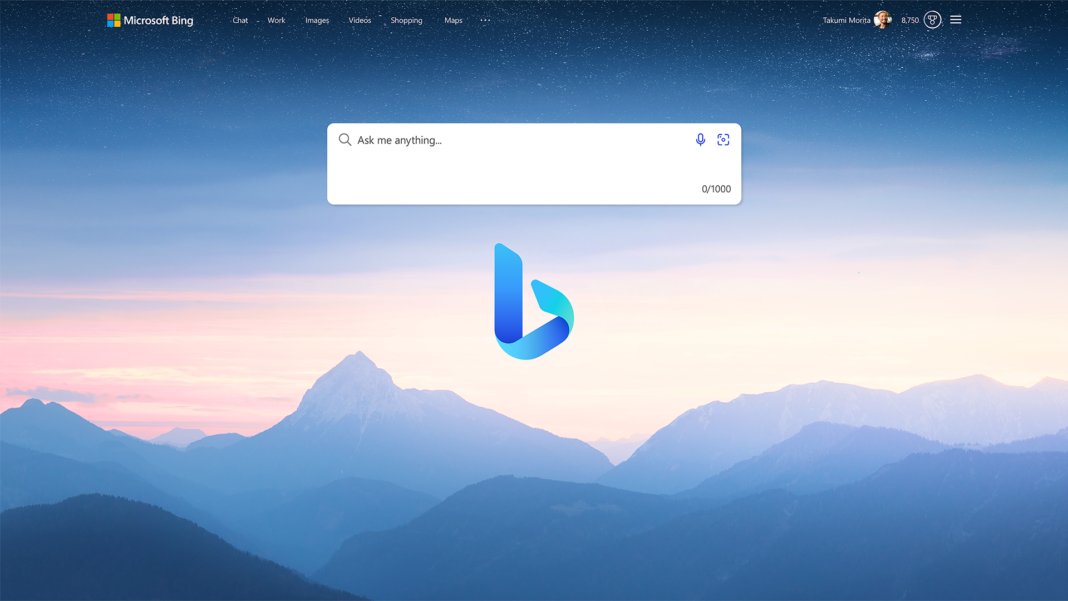It’s been over a week now since Microsoft gave us the chance to test out the latest features of its AI-powered Bing search engine. Launched together with the Edge browser, Bing seems formidable to deliver better search results and more complete answers using OpenAI’s ChatGPT capabilities to generate content and information from the web.
The AI-powered Bing was also created to deliver whole paragraphs of text that read like they were authored by a person using technologies from the San Francisco startup OpenAI.
But all wasn’t smooth sailing for Microsoft’s newest offering, as it suffered speedbumps in the past few days, with some beta testers reporting creepy answers like offering furry porn and taking revenge when search prompts became sarcastic and forceful, and when the AI was cajoled into some rude conversation.
At some point, the chatbot claimed love for its users, threatened some, gave strange and useless advice to others, maintained it was right when it wasn’t, and even threatened to harm some of its beta testers. It even had an alternate personality called Sydney, according to test participants.
In spite of the early hiccups, Microsoft’s shares remained strong and accumulated gains from the latest offering. Microsoft shares were marked 1.33% higher in pre-market trading last February 8, leading it to indicate an opening bell price of $271.08 each, the highest since early September and a move that would lift the tech giant’s cap back above the $2 trillion level all because of the latest improvement of their search engine.
Microsoft shares also extended their strong dominance in the market after the tech giant rolled out features of Bing, threatening Google’s dominance in the $500 billion digital advertising market that is driven hugely by search.
In a media conference last week, Microsoft Chairman Satya Nadella was optimistic about the growth of AI in everything they do.
“AI will fundamentally change every software category, starting with the largest category of all—search,” said Nadella in a statement, adding that the launch of an AI-powered search engine like Bing “will help people get more and find additional value in every search.”
According to the Microsoft CEO, there are 10 billion search queries a day, but only half of these search queries get the right answer.
“That’s because people are using search to do things it wasn’t originally designed to do. It’s great for finding a website, but for more complex questions, or too often, it falls short,” he explained.
So now that we have discussed the challenges and the gains of Microsoft’s Bing AI-powered search engine, let’s discuss more of its amazing features that could give companies like Google a run for their money.
In the earlier versions of Bing, AI has already improved its algorithm with more accurate and relevant search results.
Bing’s AI algorithms are also constantly learning and improving, which means that the search engine is better at delivering accurate and relevant search results. This is particularly useful for complex or ambiguous queries, where Bing’s AI can help to disambiguate the query and provide the most appropriate results.
“The new Bing gives you an improved version of the familiar search experience, providing more relevant results for simple things like sports scores, stock prices, and weather, along with a new sidebar that shows more comprehensive answers if you want them,” the company blog adds.
Another feature of the AI-powered Bing is now it is focused on a more natural and conversational search experience. Bing’s AI features, such as conversational search and intelligent answers, now make it easier for users to interact with the search engine in a more natural and conversational way. This can help reduce the cognitive load of searching and make it easier for users to find the information they need.
With a more human-like response similar to what ChatGPT can offer, the new Bing includes fresh, interactive conversations for queries that require more thought and planning. For example, if you want to make a thorough travel schedule or decide what TV to buy, the chat experience gives you the power to hone your search until you get the entire answer you’re searching for.
“It can help you write an email, create a 5-day itinerary for a dream vacation to Hawaii with links to book your travel and accommodations, prep for a job interview, or create a quiz for trivia night.”
Also, it gives users a wealth of experience with personalized recommendations and human-like responses. Bing’s AI can also learn from a user’s search history and preferences to provide more personalized recommendations. This means that users are more likely to find content that is relevant to their interests and needs.
Through enhanced translation, Bing’s AI-powered translation feature can also detect the context of a sentence and provide more accurate translations based on the context. This can be particularly useful for users who need to translate complex or technical documents.
All in all, we can say that while AI-powered search through Bing faced setbacks and unusual responses at the onset, it can only get better and better over time in providing all the results we are searching for. After all, the main aim of AI is to make our lives easier and less complicated, and most importantly, to give us a better experience in lessening the complexities of our daily activities.
